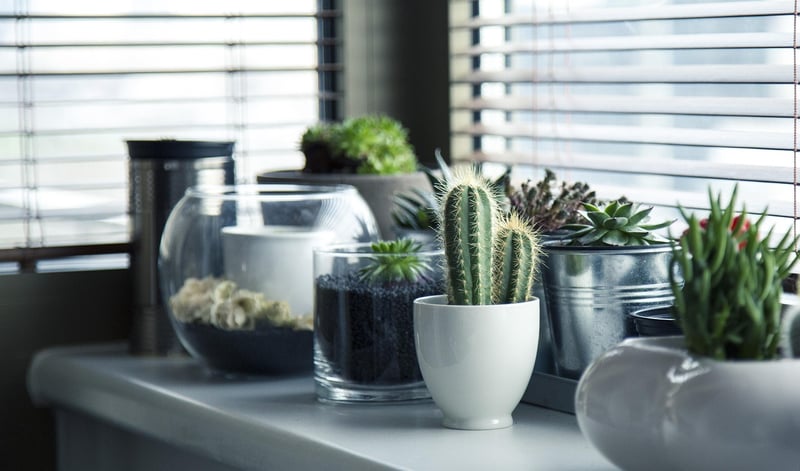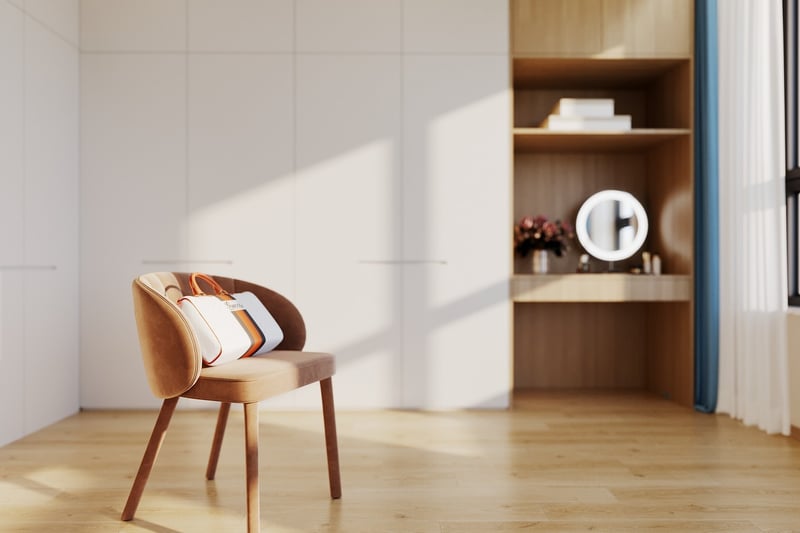Indoor vs. Outdoor Placement
Understanding Light Requirements for Vertical Gardens
Introduction
Vertical gardens, also known as living walls, are a fantastic way to bring nature into indoor or outdoor spaces. However, one critical factor for the success of vertical gardens is providing adequate light to the plants. Understanding the light requirements is essential to ensure the health and vibrancy of your vertical garden.
Indoor vs. Outdoor Placement
Indoor Vertical Gardens
Indoor vertical gardens often face challenges in receiving sufficient natural light. When setting up a vertical garden indoors, consider placing it near a window that receives bright, indirect sunlight. Alternatively, you can supplement natural light with artificial grow lights to ensure the plants thrive.

Outdoor Vertical Gardens
Outdoor vertical gardens have the advantage of direct sunlight, but it's essential to consider the specific light requirements of the plants you choose. Some plants may thrive in full sun, while others prefer partial shade. Assess the sunlight patterns in your outdoor space to determine the best location for your vertical garden.

Key Factors to Consider
- Plant Selection: Choose plants that are suitable for the light conditions in your vertical garden location.
- Light Duration: Monitor the amount of light your vertical garden receives daily and adjust plant placement accordingly.
- Light Quality: Different plants require different light spectrums, so ensure they are getting the right type of light for optimal growth.
- Seasonal Changes: Be mindful of how the angle of the sun changes with the seasons and adjust your vertical garden as needed.
Conclusion
By understanding the light requirements for vertical gardens and carefully planning the placement of your plants, you can create a stunning and thriving green oasis, whether indoors or outdoors. Remember to regularly assess the light conditions and make adjustments to ensure the health and beauty of your vertical garden.
